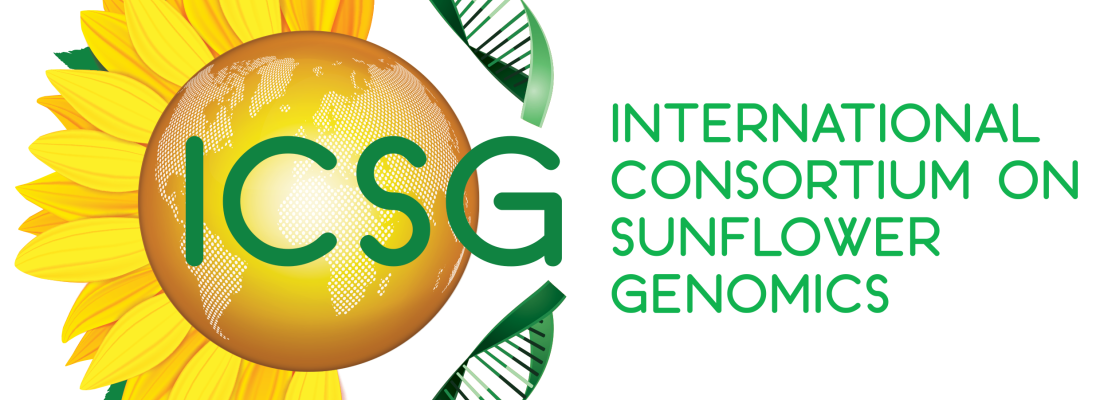Agroecology Reading time 2 min
The International Consortium on Sunflower Genomics
Published on 17 October 2019

From bronze to gold, history of an international collaborative network
The first International Consortium on Sunflower Genomics started in 2012. Loren Rieseberg from the University of British Columbia (Canada) coordinated it, involving 2 additional public labs from The University of Georgia (USA) and INRAE (France).
In 2015, the consortium released the first draft (bronze version) of the sunflower genome sequence.
In the same time, developments made by PacBio to produce improved and longer sequences permitted the generation of a reference sequence of the sunflower genome that was of higher quality than the bronze version. This reference genome sequence was assembled by using genetic and genomic data from the consortium and PacBio sequences produced in the frame of the SUNRISE project (Investments for the Future), revealing the genes involved in oil production and in flowering.
This historical collaborative network was the cornerstone for sharing resources for sunflower genomics and breeding.
The International Consortium on Sunflower Genomics will mainly focus on producing new genetic and genomic resources to give ICSG partners access to an improved and more diversified catalogue of sunflower genes and alleles. This catalogue will make sunflower research more competitive and will accelerate breeding of new sunflower varieties.
Toward a better understanding of Helianthus diversity by sequencing genomes of wild sunflowers
The ICSG is joining the main public international research institutes working on sunflower genomics with seed companies. Together they will:
- sequence new sunflower genomes and the genomes of wild relatives,
- develop and characterize genetic resources,
- produce a gene atlas involved in response to stress,
- compare and release the genome sequences and provide bioinformatics tools for analyses
We will compare the genome sequences to identify differences (e.g., sequence or structural variants) among cultivars and wild species that can be used in breeding programs to improve tolerance to abiotic stresses and resistance to pests in new sunflower varieties.
Coordinated by INRAE Occitanie-Toulouse, this consortium joins INRAE, The University of British Columbia (Canada), The University of Georgia (USA), the Galilee Research Institute (Israël) and 8 private partners (Advanta, BASF, INNOLEA, Caussade Semences, KWS, Maïsadour semences, Corteva Agriscience, Syngenta).
The ICSG is funded for 4 years with a total budget of 1.88 M€.
More than 270 varieties registered
30 millions hectares cultivated around the world, 71% in Europe.
700 000 hectares in France, 223 500 hectares in Occitanie Region.
52 000 genes, the sunflower genome is approximately 10% larger than the human genome.
